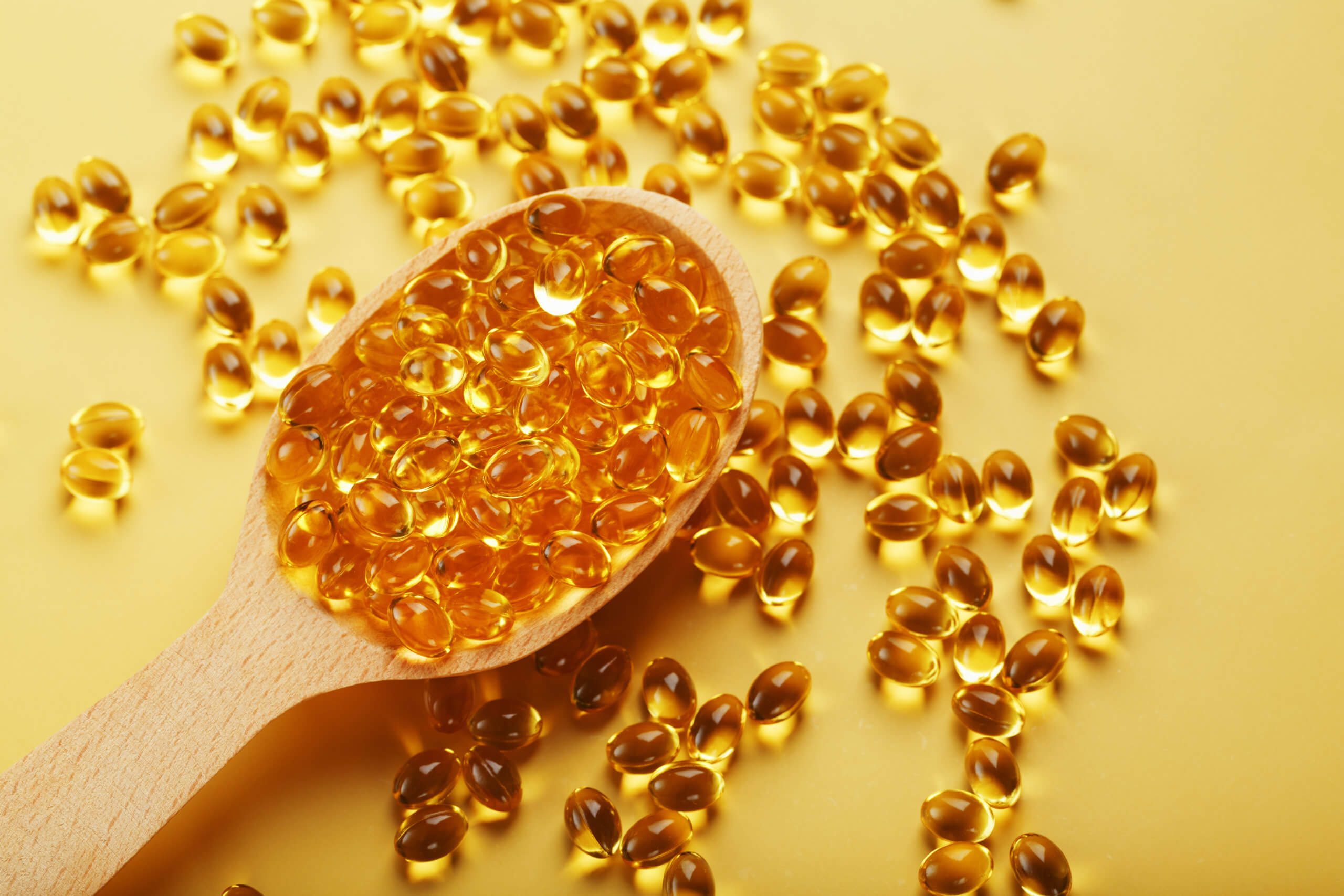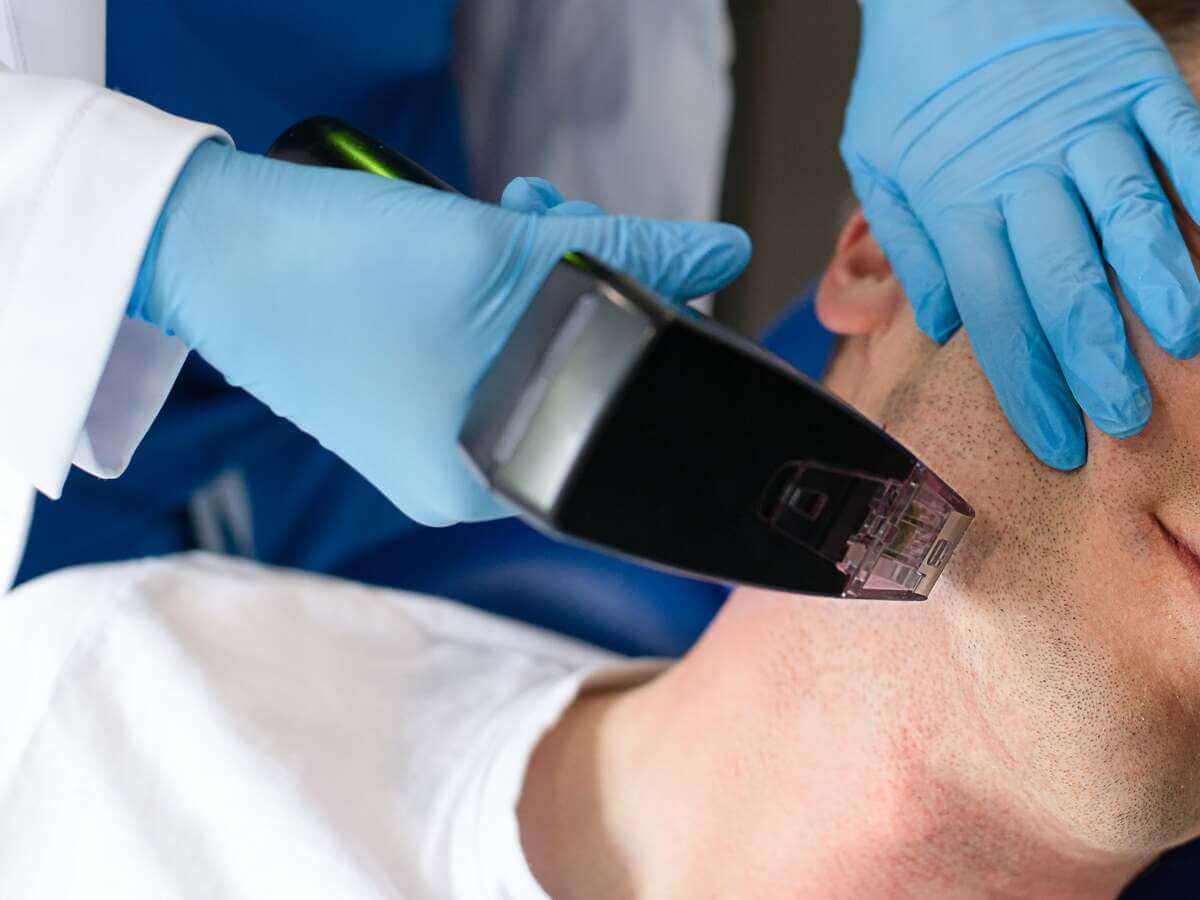You may be underestimating the significance of vitamin D’s function in your body, but you shouldn’t be. A deficiency may affect you in more ways than you can probably imagine, and this is true for people of all ages. Because of this, many medical professionals are prescribing dietary supplements through pills or injections to help their patients avoid serious health problems and improve their overall condition. A quick overview concerning vitamin D3 injections should be sufficient to persuade you of the remarkable capabilities of this vitamin.
Importance Of Vitamin D
You’ve probably heard of the term “sunshine vitamin,” possibly because several initiatives and awareness campaigns have encouraged Americans to get out of their houses and exercise or spend time outside for at least 15 minutes per day. While physical activity is significant, UV light exposure is also necessary for good health.
When you uncover your skin to sunlight, it activates cholesterol in your skin cells, allowing your skin cells to transform cholesterol into vitamin D. Most people get enough vitamin D from spending short periods outside, especially during the summer months. Natural dietary sources can also significantly boost vitamin D levels in our bodies. However, this is not always adequate, and some require extra vitamin supplementation.
Vitamin D can be taken orally or intramuscularly, a quicker and more efficient route than oral ingestion. Vitamin D3 injection studies only confirm its efficacy in increasing vitamin D levels and making people feel stronger and more energized.
What Is Vitamin D3?
In reality, vitamin D is a hormone and not a vitamin at all. The precise function of vitamin D within the body and how it can influence a wide range of symptoms and health problems are still the subject of active investigation. When your skin is exposed to sunlight, your body makes its own vitamin D, which is necessary for several essential metabolic functions.
Medical experts recommend that people get 15 to 30 minutes of sunlight at least three times a week and leave parts of their bodies uncovered without sunscreen. Sunscreen, particularly with an SPF of more than 30, inhibits the body’s ability to absorb sunlight and generate vitamin D.
Prolonged exposure to UV rays, on the other hand, may be harmful to the skin. Long periods of vulnerability to the sun can result in skin cancer, aging, heatstroke, and other medical issues. If you believe you are at risk of sunburn, you should always apply sunscreen. Vitamin D can be supplemented through foods in addition to sunlight exposure. However, there aren’t many foods high in vitamin D, so vitamin D is enriched in various foods.
Vitamin D is a fat-soluble vitamin, which means that any excess of the vitamin is stored in our bodies and can accumulate. Vitamin D is obtainable in two forms: vitamin D2 and vitamin D3. Ergocalciferol, or vitamin D2, is found in plant-based foods such as mushrooms. Vitamin D3 (or cholecalciferol) is the active form of the vitamin that your body naturally produces after sunlight exposure. Meat, particularly fatty fish such as salmon and herring, contains vitamin D3.
According to studies, vitamin D3 is more effective than vitamin D2 in increasing vitamin D levels in your bloodstream, possibly since it is the active form of vitamin D that your body usually produces. Liver, egg yolks, red meat, and fortified foods like breakfast cereals and orange juice are also high in vitamin D. Most foods contain 50 to 200 IU of vitamin D per serving, but that depends on the food type serving proportions.
How Much Vitamin D You Need
Medical experts suggest that you aim to consume 600 IU of vitamin D per day. Likewise, since your body naturally generates less vitamin D as you age, the recommended amount for children is lower (around 400 IU) and increases for adults over 70. It is suggested that older adults consume at least 800 IU of vitamin D per d
Within your body, Vitamin D aids in regulating and maintaining calcium and phosphate levels; both are indispensable for bone and muscle health. Vitamin D is also essential for maintaining dental health. If you plan to raise your intake and oral supplements aren’t enough, consult your doctor before deciding whether the injectable is ideal for you.
Do You Need Vitamin D3 Injections?
People typically take oral or intramuscular vitamin D supplements because they are deficient in vitamin D. The manifestation of a vitamin D deficiency is typically relatively mild or even nonexistent in most cases. Vitamin D is a fat-soluble vitamin. If your doctor does not perform a blood test to determine the amount of vitamin D that is currently present in your bloodstream, you may not even be aware that you have a vitamin D deficiency.
Since vitamin D plays such an essential role in the body, several signs and symptoms can indicate low levels of vitamin D in the body. Here are some potential symptoms that you may experience:
- depression
- delayed healing
- hair and bone loss
- back pain
- frequent bone and muscle injuries
- fatigue
- weak immune system leading to more infections
- bone and muscle weakness
A vitamin D deficiency may appear slightly distinct in children, and this problem can develop at any age. Vitamin D deficiency symptoms in children include mood swings, lack of energy, bone pain or fractures, tooth deformities, and developmental delays. It is critical to detect vitamin D deficiency in children before it advances to a more serious condition. Severe vitamin D deficiency can result in more complex and serious medical conditions like rickets.
Treating Vitamin D3 Deficiency
Adults with vitamin D deficiency will need 6,000 IU of vitamin D3 each day for eight weeks, or 50,000 IU weekly for eight weeks straight through injections. During treating a vitamin D deficiency, you will most likely be given multiple blood tests so that your health professional can determine whether your vitamin D levels have increased sufficiently.
After your levels have been brought under control, they may suggest “maintenance shots,” which keep your vitamin D levels adequate. Some healthcare providers may advise those suffering from vitamin D deficiency to take a calcium supplement to reinforce their bone health and other dietary and lifestyle recommendations.
Takeaway
If you are considering addressing your vitamin D deficiency or want to know more about it, consider contacting and dropping by our clinic, AgeLess WeighLess. We offer skin care, lasers, injectables, and other treatments to help address our patient’s wellness concerns.





